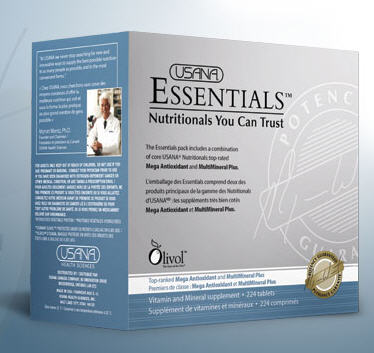Food types and how they affect health in Diabetes
Complex carbohydrates (starches): e.g. rice, potatoes, pasta – your body’s main source of energy, they cause a gradual rise in your blood glucose – about two-fifths of each meal should consist of this type of carbohydrates.
Simple carbohydrates (sugars): e.g. sugar, honey, soft drinks – these provide your body with energy but cause a sharp rise in blood glucose. Not recommended as part of everyday meals – eat in moderation or after other food to reduce the effect on your blood glucose.
Proteins: e.g. meat, fish, eggs, dairy products, beans, and legumes – little effect on your blood glucose, but some proteins are high in fat. Lower-fat options such as lean meat or low-fat cheese are preferable – up to one-fifth of each meal.
Fats: e.g. butter margarine, oils – little effect on your blood glucose. Saturated fat (e.g. butter) is more harmful than unsaturated fat (e.g. olive oil). Excess fat can lead to weight gain and heart disease – up to 2.5 oz (75g) a day for women, 3.4 oz (95g) a day for men.
Fiber: e.g. legumes, oats, fruit, and some vegetables – slows down carbohydrate digestion, preventing our blood glucose from rising too quickly. Helps prevent constipation and lowers blood cholesterol – aim to include about 1 oz (25g) a day.
Vitamins and minerals: e.g. fruit and vegetables – Essential to keep your body and metabolism healthy. More than one piece of fruit at a time can cause a rise in your blood glucose – have at least five portions of fruit and vegetable spread throughout the day.

USANA Vitamins Essentials give your body the Essentials of top-rated nutrition. USANA Essentials contains Olivol™, a patented ingredient exclusive to USANA that provides unique antioxidants found in olives

